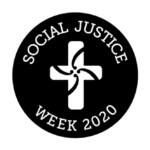
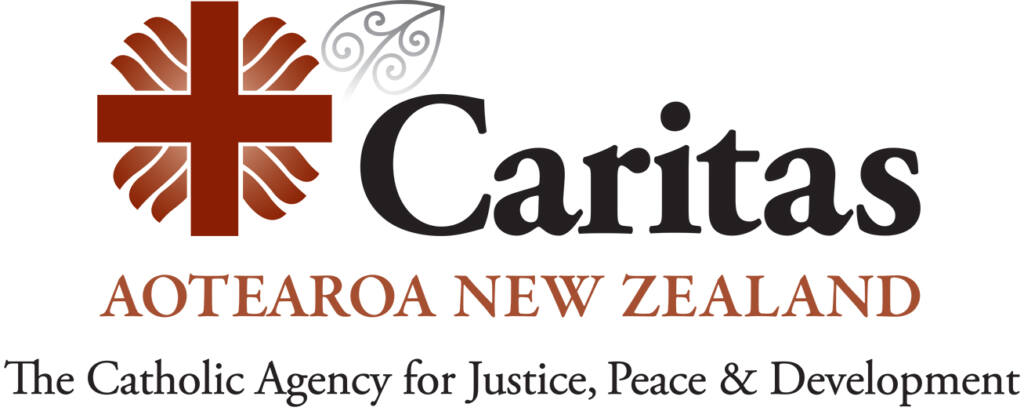
Te Wiki o te Whai Tika: 6-12 Hepetema 2020
Easy as CST: Unlocking the Church’s Potential
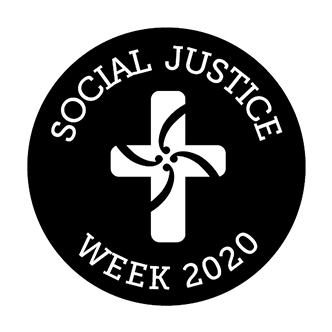
Social Justice Week 2020 will take place from 6 to 12 September. The resources produced by Caritas Aotearoa New Zealand are entitled “Easy as CST: Unlocking the Church’s Potential.” Through these resources, people of all ages are invited to learn about and reflect upon principles of Catholic social teaching (CST) which are set out to help us understand how we can truly live out the Gospel in our day to day lives.
Caritas last produced Social Justice Week resources about CST principles in 2014. At that time, seven principles were explored in detail with accompanying case studies from the work of Caritas and their partners. This year, updated case studies and reflections will be available for nine core CST principles which are intended to provide an overview of the key themes within CST.
Resources for parishes and schools to explore CST during Social Justice Week are available on the Caritas website. Resources include suggestions for liturgies, lessons, daily actions and reflections on CST, as well as videos, bookmarks, and a personality quiz.
Our Social Justice Week resources are available to download for free on the Caritas website:
For parishes/communities: caritas.org.nz/parishes/social-justice-week
For schools: caritas.org.nz/schools/social-justice-week
Where does Catholic social teaching come from?
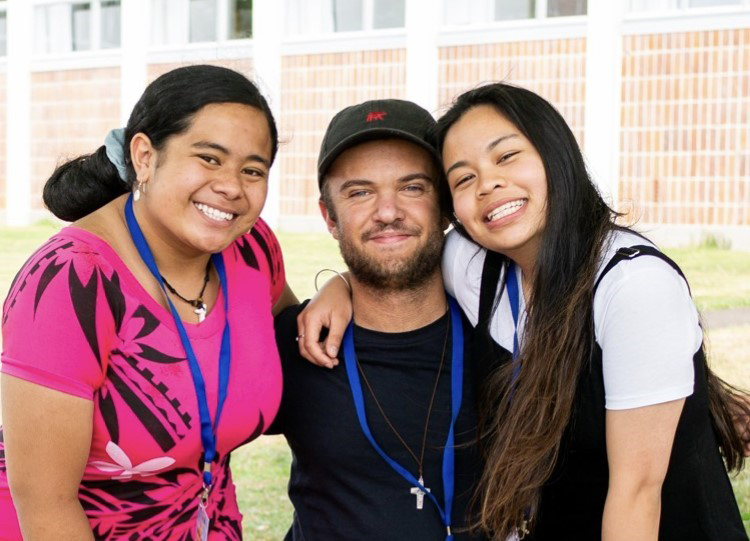
In the beginning when the world was created, we were made in the image of God, giving each of us human dignity. Christ’s command for us to love God and love our neighbour is exemplified through Catholic social teaching.
In 1891, at the height of the industrial revolution in Europe, there was a great and growing gap between rich and poor. At this time, Pope Leo XIII wrote a letter, Rerum Novarum, that focused on the condition of workers and just wages. He emphasised the importance of working for the common good and the role of the state to ensure the wellbeing of all, especially the poorest.
Since that time, Church leaders including Popes and Bishops have written encyclicals (letters) and messages to the Church and wider community. These contain fundamental principles, which the Church believes should underpin a healthy society, politics and economy. They have addressed different social challenges that face our communities, including human life, rights and responsibilities; poverty; refugees, asylum seekers and migrants; environmental justice; indigenous peoples; and international development and peace.
This formal body of writing forms the basis of CST. It draws on the Scriptural traditions of the prophets who spoke out against injustice, and it follows the teachings and example of Christ and the tradition of the early Church leaders and saints. It provides us with key ethical principles and a lens through which we can interpret social issues around us and take action to seek justice. Practicing these CST principles will help to unlock the full potential of the Church.
Māmā Noa, Penei i te CST: Te Tuku i ngā Pūmanawa o te Hahi kia Whai Hua
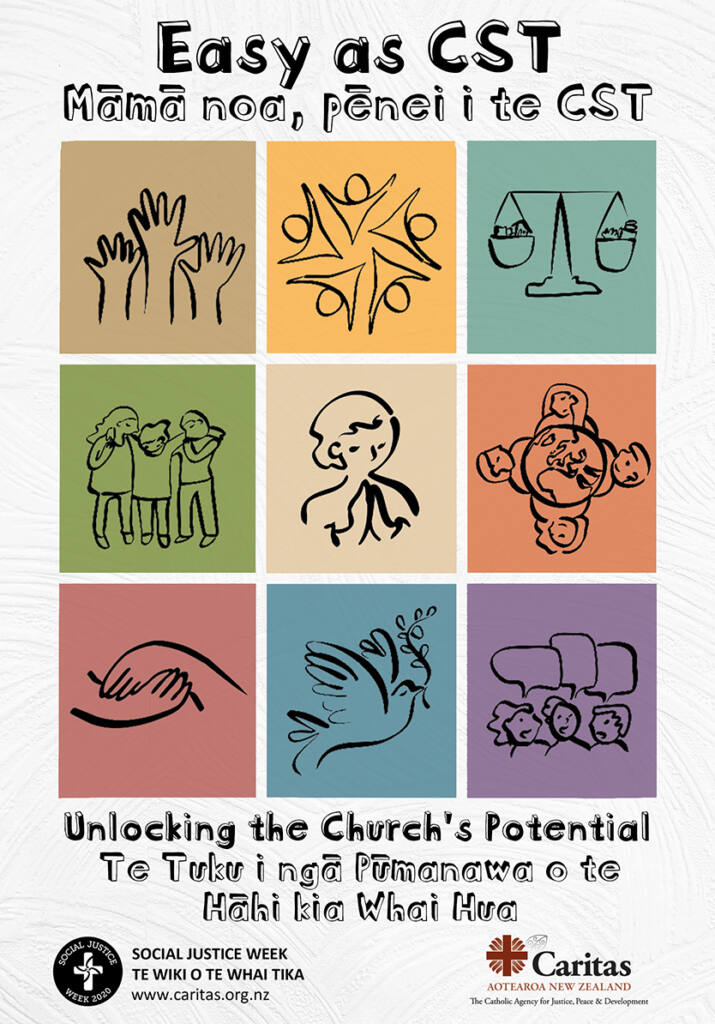
The Caritas resources for Social Justice Week 2020 will focus on the following nine core principles of Catholic social teaching:
Participation – Nāu te Rourou, Nāku te Rourou
As human beings, we live in community. We are called to be active members to improve the wellbeing of all people.
Common Good – He Painga mā te Katoa
Our actions have an impact on wider society. When we make decisions, we should choose to consider the good of all. It is up to all of us to make a difference.
Distributive Justice – Te Tika ka Tohaina
God intended all people to share in the goods of this world. Allocation of resources should ensure that everyone has access to the necessities of life.
Preferential Option for the Poor and Vulnerable – He Whakaaro Nui mō te Hunga Rawakore
We must consider the impact of our actions and decisions on the most vulnerable.
Human Dignity – Te Mana i te Tangata
Each human life has value that is universal, inviolable and inalienable. This is the central aspect of our Church’s social teaching.
Stewardship – Kaitiakitanga
Everything in creation is given to us for all people. We must care for the environment, our own talents, and other resources for the benefit of this and future generations.
Solidarity – Whakawhānaungatanga
In our connected humanity, we are invited to build relationships and try to understand what life is like for those who are different from us.
Promotion of Peace – Te Whakatairanga i te Rongomārie
Peace is the fruit of justice and love and is dependent upon right order among human beings.
Subsidiarity – Mana Whakahaere
Decision-making should happen at the most appropriate level, so that all those affected can contribute and have a say to influence the outcome.
Social Justice Week in Schools

The Social Justice Week resources for schools share a title with the parish resources, and were also designed to be used throughout the year as schools teach and highlight different principles of Catholic social teaching.
Along with the unique icons, each CST principle has a unique character and key to help students remember and understand them. These visual elements are woven throughout the school resources.
Other Social Justice Week resources for schools will include short videos, key information pages, prayers, liturgies, activities, case studies and student response templates. The materials are organised by the CST principle on which they are focused, so that all of the relevant activities and information are in one place if a particular principle is the focus of study.
School resources are available to download for free on the Caritas website: caritas.org.nz/schools/social-justice-week.
Celebrating Migrants as Missionaries of Hope
Pastoral
Published on 16th Jun, 2025
June 22 is the Day of Prayer for Refugees and Migrants [..]
Monsignor Brian Walsh’s 50 Years of Priesthood
Pastoral
Published on 23rd May, 2025
Mons Brian celebrated his 50th anniversary on Sunday 18 May [..]
Palmerston North to host parish renewal event
Pastoral
Published on 22nd May, 2025
The Hope and Renewal Summit will be hosted by Palmerston North this October [..]
Meeting with Pope Leo XIV: A new hope for Eastern Churches
Pastoral
Published on 20th May, 2025
Pope Leo XIV received representatives from the Eastern Catholic Churches in an audience [..]
PEACE WITH CREATION
Pastoral
Published on 12th May, 2025
Celebrating the 10th Anniversary of Laudato Si’: Planting Seeds of Hope and Peace [..]
